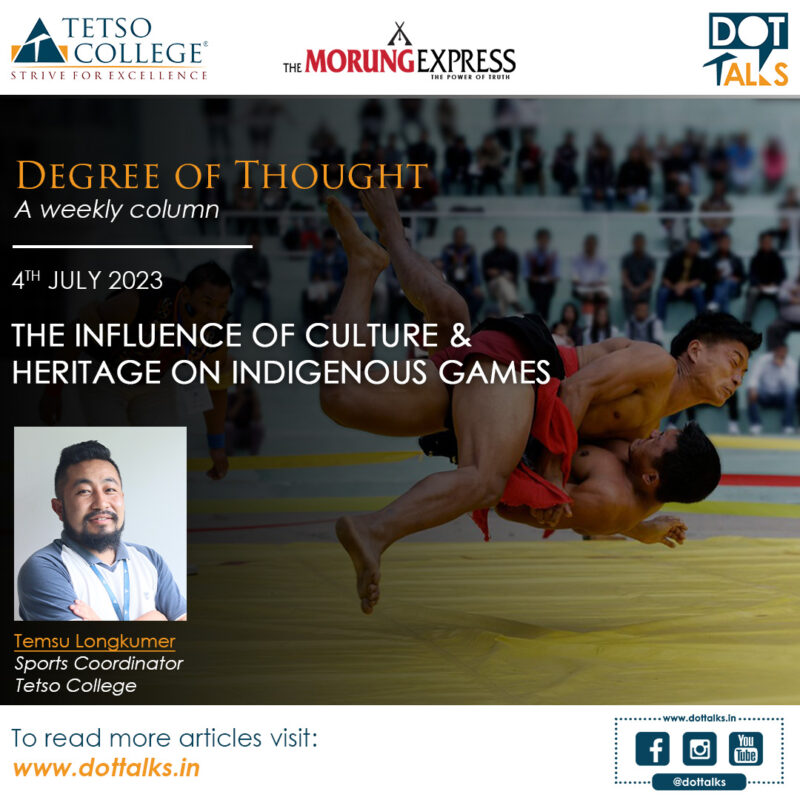 This article explores the cultural and heritage impact of indigenous games, as well as how some indigenous games have become globalised. It also discusses the value of indigenous games in connecting communities to their roots and keeping them together.
This article explores the cultural and heritage impact of indigenous games, as well as how some indigenous games have become globalised. It also discusses the value of indigenous games in connecting communities to their roots and keeping them together.
The Influence of Culture & Heritage on Indigenous Games
Indigenous games are recreational activities that originated from a particular cultural group, community or people. These games are different from the mainstream sports, which are regulated by international federations, and have fixed rules. Conversely, indigenous games do not have internationally regulated rules for implementation; local organisers determine these according to the customs of the local participants. This creates many different versions of the same game.
Indigenous games are a very important part of a people’s heritage and culture. They preserve age- old traditions and stories of the community. Indigenous games have an origin, a story behind the invention of the particular activity or game. When participating in indigenous games, one can begin to understand the social construct of a particular culture and history of the people who invented them.
An interesting theory about indigenous games is that Indian indigenous games have all been made international sport codes and have been globalised through dominion of the world. These sports include Kho- kho, Kabaddi and chess. However, countries such as the USA whose indigenous games include baseball and American football have modified traditional European sports to create their own indigenous games which, despite America’s global power, have failed to impact the rest of the world and have remained for the most part, American indigenous sports.
Interestingly, all the other continents have many indigenous games played by their indigenous population groups. Some of these games have been adopted as team building activities, exercise routines, music and dance, cultural education and teaching, as well as business opportunities through tourism and gambling.
Nagaland has quite a few indigenous games across all the people of this beautifully diverse and rich heritage where they nicknamed the state as “The Land festivals”, examples of these games include:
- Terhuchu
- Aki kiti
- Kene
- Pcheda
- Grease bamboo climbing
- Naga wrestling
The most popular indigenous game is Naga Wrestling, which is played on a circular field, contestants wear a towel or a belt around their waist which is used for ‘takedowns’. One needs to participate regularly in indigenous games to stay in touch with one’s own culture and heritage as well as get to know other cultures in this very diverse earth jungle. Indigenous games are always fun with friendly competition mixed in. They serve many purposes such as bringing people together of the same and of different groups alike.
When was the last time you participated in a well-organised indigenous game? What game was it? Can you remember the history, rules and resources required of the game? If not, then we could start exploring our rich heritage of indigenous games.
Degree of Thought is a weekly community column initiated by Tetso College in partnership with The Morung Express. Degree of Thought will delve into the social, cultural, political and educational issues around us. The views expressed here do not reflect the opinion of the institution. Tetso College is a NAAC Accredited UGC recognised Commerce and Arts College. Currently, the Degree of Thought Column is managed by the Department of Mass Communication, and the editorial team are Dr. Jenny Lalmuanpuii, Asst. Professor; K.C. Gabriela, Asst. Professor; and Rinsit Sareo, Asst. Manager, IT, Media & Communications.
For feedback or comments please email: dot@tetsocollege.org

